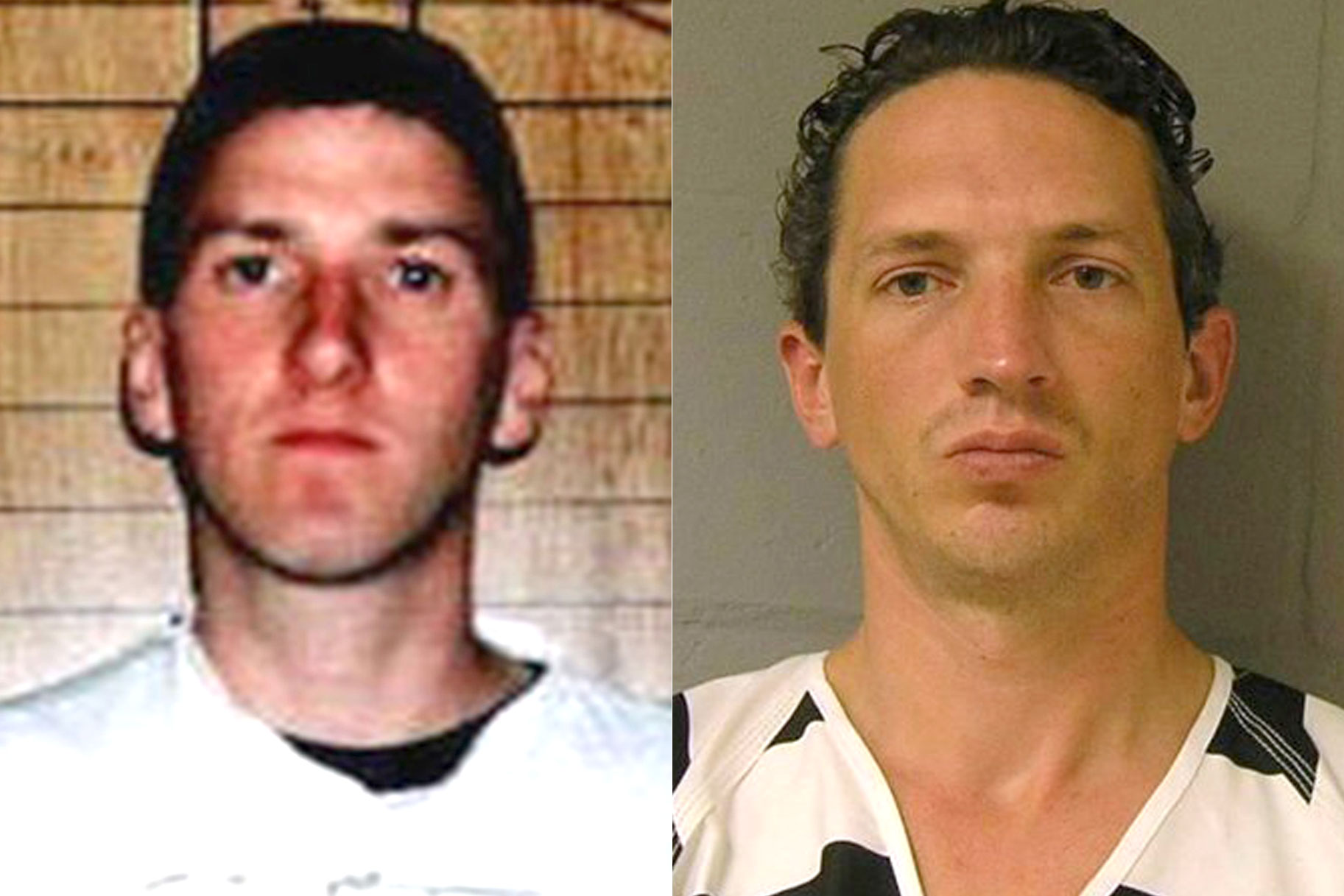Create a free profile to get unlimited access to exclusive videos, breaking news, sweepstakes, and more!
Israel Keyes Is Terrifying — But Has His Case Been Reclassified As Domestic Terrorism?
The FBI says Israel Keyes is still considered a serial killing case, but documents obtained by author Maureen Callahan say otherwise.

Israel Keyes was a ruthless, meticulous serial killer with an evolving modus operandi who wanted to become the kind of murderer who would baffle even the most seasoned investigator. The Alaskan based-serial killer murdered 11 people across the United States between 2001 and 2012. He’d travel from state to state for the sole purpose of killing. He targeted old couples, young people, men, young women; it didn’t matter to him.
He’d bury kill kits in states so that he could go back and kill and dispose of the bodies with ease. He managed to evade capture for years simply by switching up his methods, locations and targets. He may have been trying to transform himself into the apex predator by biohacking his body into becoming a more efficient killer with plastic surgery.
His murder spree was terrifying — is it domestic terrorism, though?
A spokesperson for the FBI told Oxygen.com that it is "not a terrorism case" but still "a serial killings case.” However, FBI documents obtained by “American Predator: The Hunt for the Most Meticulous Serial Killer of the 21st Century” author Maureen Callahan, which she shared with Oxygen.com, appear to show that the case is classified under terrorism, but Callahan said the FBI has not yet made this information public.
But what exactly qualifies as terrorism?
According to the ACLU, the USA Patriot Act refers to domestic terrorism as acts that violate the criminal laws and that are "dangerous to human life" that are also intended to: intimidate or coerce a civilian population; influence the policy of a government by intimidation or coercion; or affect the conduct of a government by mass destruction, assassination, or kidnapping.
Callahan told Oxygen.com that she thinks Keyes' case may be considered domestic terrorism because "Keyes told the FBI he knew how to make bombs."
"This shocked even veteran investigator Jeff Bell, who thought he'd seen everything and had been on the case from the beginning. In the audio, you can hear Bell actually sputter: 'Y-y-you make bombs?' Keyes says yes, that he's done that since about age 14, when he breached (blew up) the gate to a national park — federal land, making that a federal crime," she said. "Within minutes of that admission, the FBI deployed bomb squads on either side of the country: one to his house in suburban Anchorage, and one to his property in Constable, New York."
Callahan told Oxygen.com that the FBI has never commented on this aspect of the case.
Additionally, she noted, "Keyes also told a soldier he served with in the Army that he had buried 9,000 rounds of Black Talon ammo — more commonly known as 'cop-killer bullets' and as such long outlawed — on his Constable property."
The author believes "he had either done something the FBI has not made public, or was planning to."
While none of the details of Keyes' murders released to the public seemed to target the government, and while this alleged classification is still seemingly being kept quiet, Keyes did have some creepy connections to some cases that the FBI has indeed declared acts of domestic terrorism.
Keyes' connection to domestic terrorism cases
When Keyes was growing up, he became friends with the Kehoe brothers, Chevie and Cheyne, who are from a family known for its involvement in white supremacy groups and for committing some heinous crimes. They also allegedly had links to the worst case of domestic terrorism on United States soil.
At age 12, Keyes’ parents left Utah, moved to Colville, Washington, and began attending the militia-based white supremacist and anti-semitic church group The Ark, according to Callahan’s book. At the time, the Kehoe “father was planning for a race war. The Kehoe brothers knew all about guns: shutting them, hiding them, stealing them, moving on the black market.”
The Kehoe brothers, along with some acquaintances, both had a role in the robbing and killing of a Federal Firearms Licensee named William Mueller and his entire family in 1996, according to the Bureau of Alcohol, Tobacco Firearms and Explosives.
Chevie Kehoe was connected to more acts of domestic terrorism in the 1990s than any other right-wing extremist arrested in America, according to a 1998 Southern Poverty Law Center report.
Though there is no proof, it's been speculated Chevie had connections to Timothy McVeigh, who was executed for his role in the Oklahoma City Bombing.
Chevie had transported stolen firearms and ammunition from gun thefts, including the attack on Mueller, to Spokane, Washington, and some of those stolen weapons were stored at a garage in The Shadows Motel & RV Park in north Spokane, where Chevie and several associates were also known to hide out, according to the Southern Poverty Law Center report.
A former manager at The Shadows claimed he saw a man resembling McVeigh in early 1995 meeting up with Chevie. He also said on the day of the Oklahoma City bombing, Chevie asked for him to turn on CNN with excitement, hinting he may have known in advance about McVeigh’s plans.
The FBI has never been able to prove that McVeigh was ever at the motel. Chevie was never charged in connection with the bombing and denies any involvement.
As for Keyes, he and his childhood buddies “had been raised to hate the federal government,” Callahan wrote in her book. “He himself told agents that people he grew up with regarded Timothy McVeigh as a hero.”
He even mentioned McVeigh when he tried to make a deal with investigators. He wanted a swift execution just like McVeigh was able to get.


























